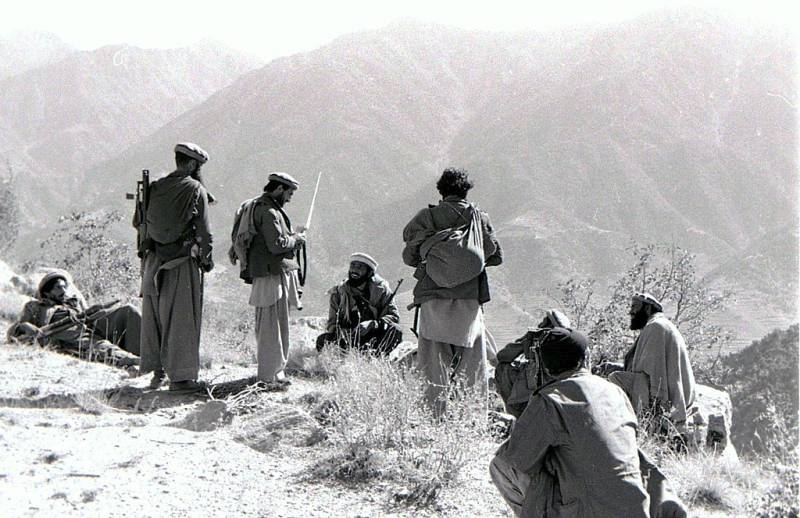
The US imposed the 'Afghan Jehad' on Pakistan and Afghanistan through its intelligence wing, the Central Investigation Agency (CIA), during the Soviet invasion of Afghanistan.
This was disclosed as the US National Security Archive declassified, after 42 years, a trove of some 2,500 top secret memos and documents from the US President Jimmy Carter's administration about US foreign policy.
Among the documents and communications declassified is a memo titled 'Secret/Sensitive' wherein a finding under the US Foreign Assistance Act of 1961 is cited for operations in foreign countries other than for purposes of intelligence collection.
The document, signed by former US President Jimmy Carter, authorises the provision of "lethal military equipment either directly or through third countries to the Afghan opponents of the Soviet intervention in Afghanistan".
"Provide selective training, conducted outside of Afghanistan, in the use of such equipment either directly or via third country intermediaries," it added.
The document was shared on Saturday by Senator Mushahid Hussain Sayed, who noted that this significant decision by President Carter laid the basis for the CIA-funded Afghan war in 1979 through Pakistan.
Declassified & released yesterday, by Washington-based National Security Archive, after 42 years, this most significant decision by President Carter laid basis of CIA-funded ‘Afghan Jehad’ in 1979 via Pakistan: US pumped in $ 2.1 billion + Saudi matching funds of $ 2.1 billion! pic.twitter.com/5E5UMrkpLJ
— Mushahid Hussain Sayed (@Mushahid) December 16, 2023
The war saw the US inject $2.1 billion, which Saudi Arabia equally matched to fund the war.
In minutes of a Special Coordination Committee meeting on the issues of Iran and the Soviet invasion of Afghanistan, Carter's National Security Advisor Zbigniew Brzezinski at one point remarks: "We must make this costly for the Soviets very quickly. Within three days, we will see growing criticism of the US for doing nothing and being afraid to act."
The committee also debated using the Afghan situation as a bargaining chip with Iran on the embassy hostage situation.
The authorisation for providing weapons to Afghanistan is contained at the end of this meeting.
The disclosure includes weekly memos sent to President Carter from his most senior foreign policy aides, National Security Advisor Zbigniew Brzezinski and Secretaries of State Cyrus Vance and Edmund Muskie, as well as every available meeting record of the National Security Council and its two subgroups—the Policy Review Committee and the Special Coordination Committee.
The archive said that unlike other messages routinely sent to the US president, these memos were not subject to institutional filters (such as the secretariats of the State Department and National Security Council) and were intended for the "president's eyes only".
The disclosures also include minutes from a National Security Council meeting on the issue of the Camp David Accords between Egypt and Israel and the complexities involved.

